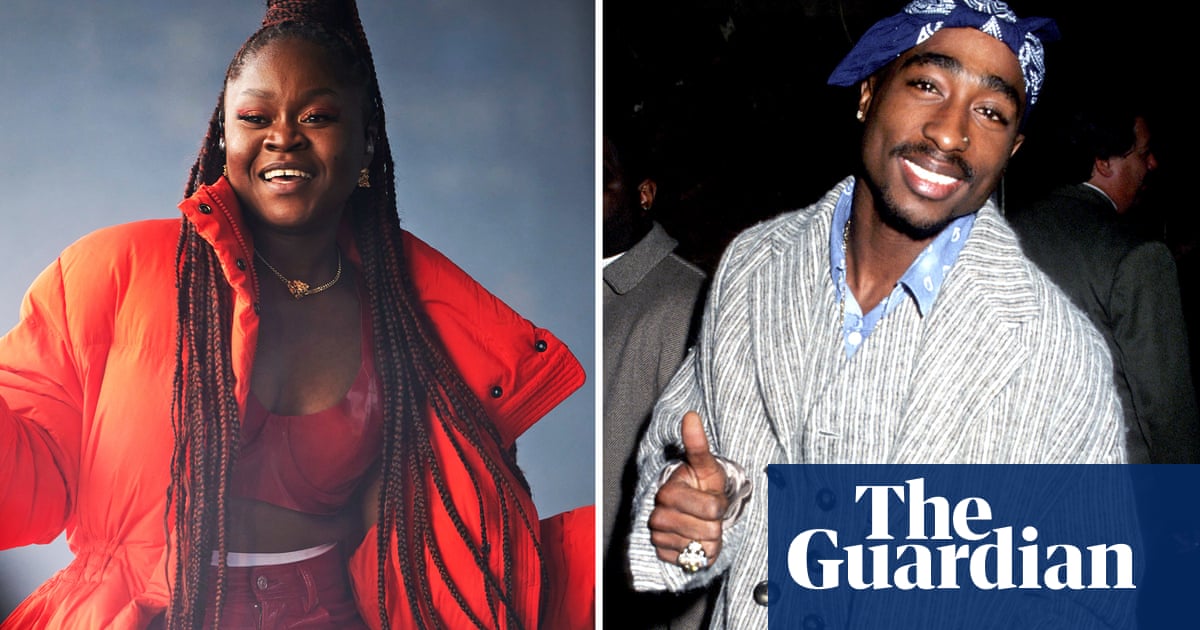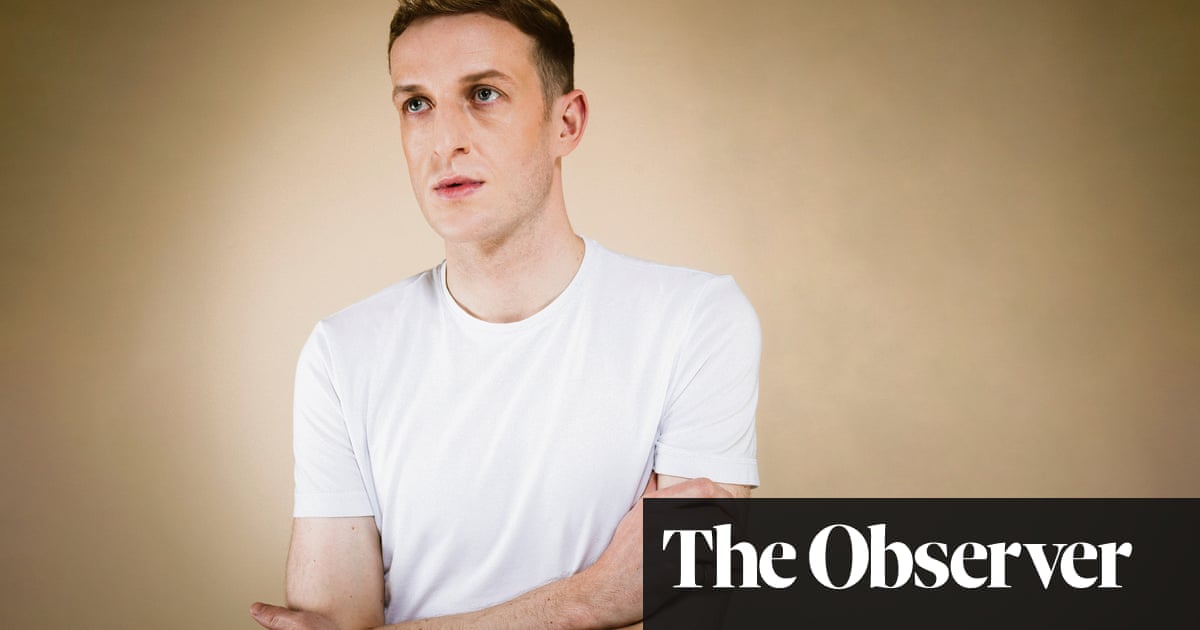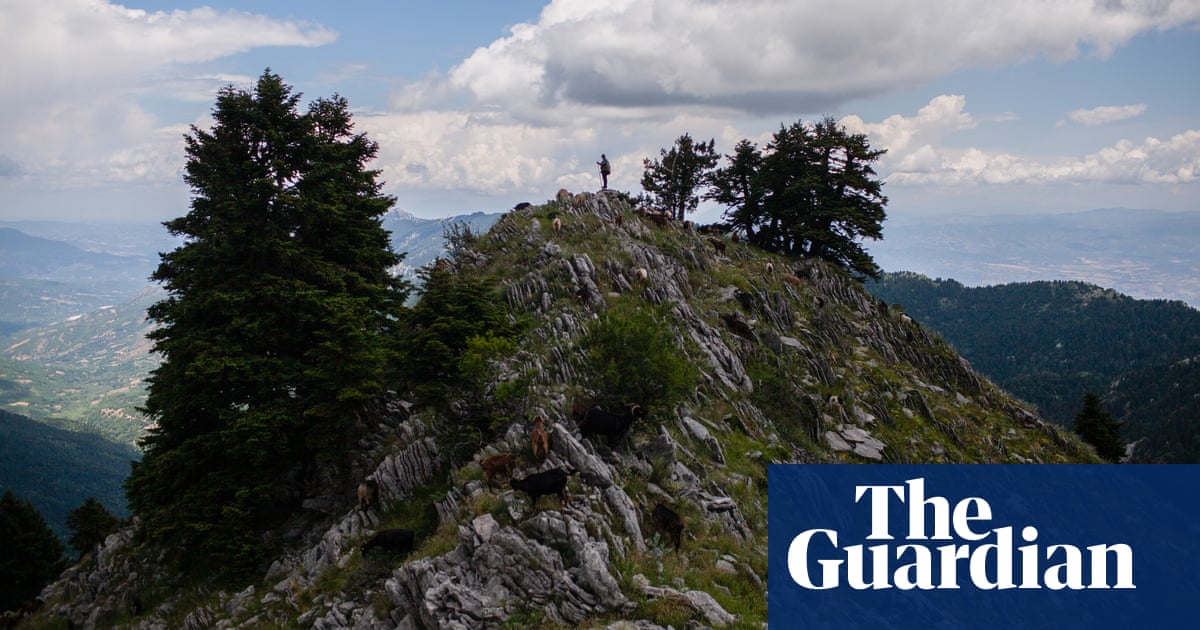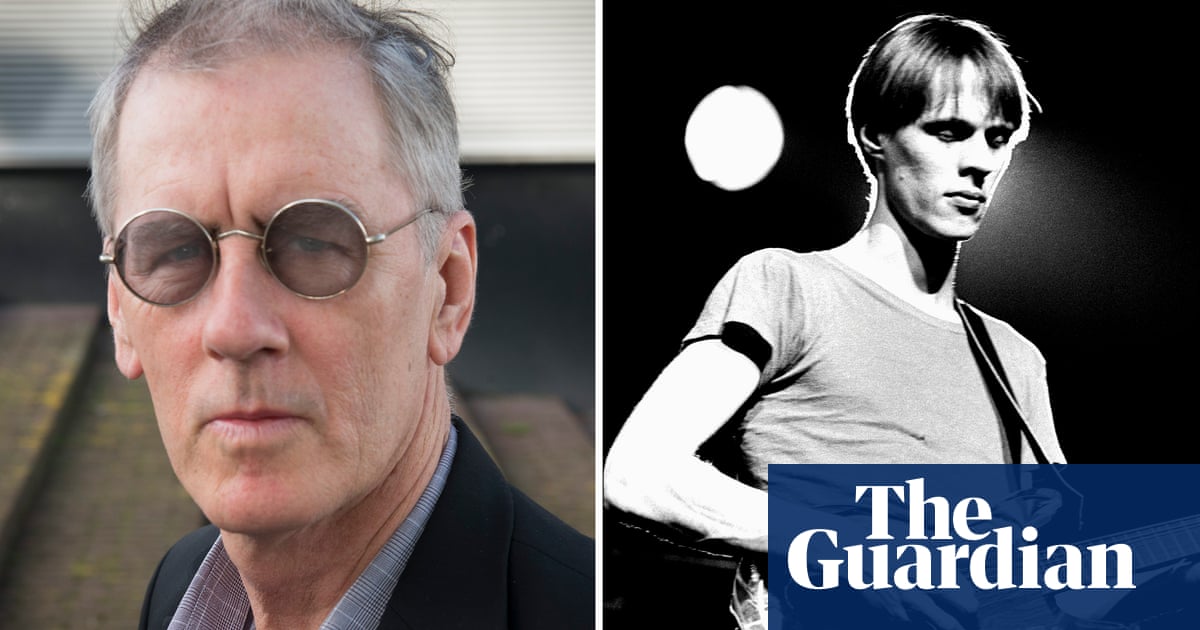
anny stopped the pram. Baby Lynn, Corin, my brother, and I were transfixed. Moving black-and-white figures could be seen in a space at the back of a van in our evacuee town in Herefordshire. Soldiers were kissing women. “The war is over,” Nanny said.
In 1946, we missed a bus stop and the first half of Laurence Olivier’s adaptation of Henry V, so the narrative explaining the battle of Agincourt became quite mysterious. In 1950, My brother and I rushed to Cecil B DeMille’s Samson and Delilah in the Haymarket. We ended up seeing this biblical epic six times.
Back at the Regal Hammersmith we were overwhelmed by Fred Zinnemann’s High Noon. I have sung Dimitri Tiomkin’s theme song by heart all my life.
Later, we found another of his films, The Search – the story of a starving Czech boy who had escaped from Auschwitz and the GI soldier who rescued him. Corin and I never imagined that we would both one day work with Zinnemann in his inspired A Man for All Seasons.
Fred’s films head the lockdown viewing list I propose. I would add Mikhail Kalatozov’s Soviet war film The Cranes Are Flying (1957) and the 1985 perestroika film by Elem Klimov, Come and See.
Also: Rossellini’s Rome, Open City (1945), Fellini’s La Strada (1954) and Elio Petri’s A Ciascuno Il Suo (1967); plus Les Quatre Cents Coups (1959) by Truffaut and Tristana (1970), directed by Luis Buñuel.
Furthermore, I recommend my ex-husband Tony Richardson’s The Loneliness of the Long Distance Runner (1962), and all his other films, as well as Warren Beatty’s Reds (1981), followed by every film by the one and only Ken Loach, right from Kes (1969) to his latest, Sorry We Missed You (2019).












